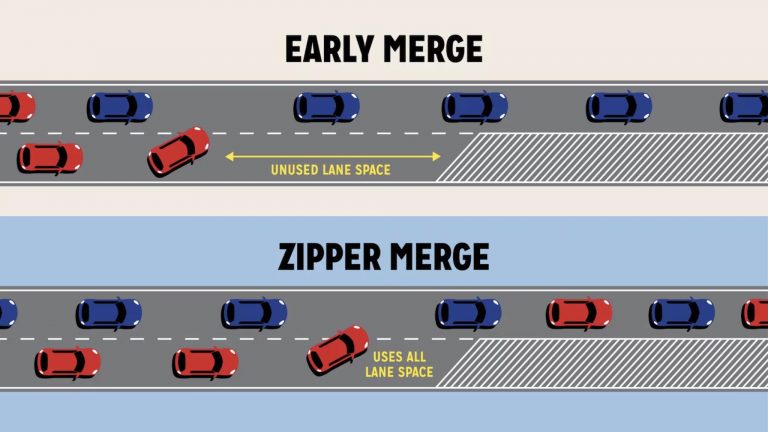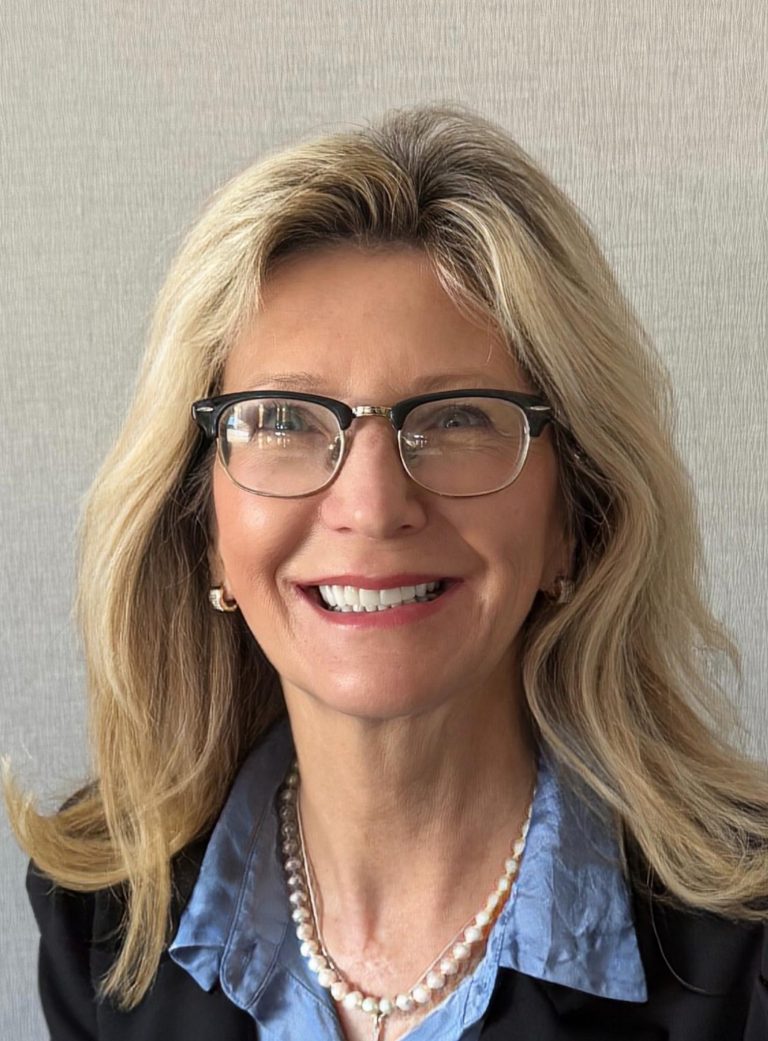John Santistevan
CEO
Salud Family Health
Opinion
For over 50 years, Salud Family Health has been the backbone of healthcare in rural and underserved communities across Colorado. Our network of 13 community health centers delivers medical, dental, behavioral health, and pharmaceutical care to nearly 70,000 patients annually. However, Salud now faces a severe financial crisis that threatens to dismantle the healthcare safety net thousands of Coloradans rely on.
Salud is projected to lose at least $10 million this year due to uncompensated care, Medicaid disenrollments, and rising healthcare costs. Inflation has driven up the cost of medical supplies, staff salaries, and operational expenses. Without urgent intervention, the situation is unsustainable.
Rural communities are feeling the effects the most. The Trinidad community health center alone provided nearly 7,700 services last year. Before Salud opened in Trinidad in 2018, families had to travel 70 miles to see a dentist or receive routine care. If Salud is forced to close locations or cut services, many residents will once again face these barriers.
“This is a poor community, and Salud provides a service that’s not available anywhere else,” said Trinidad Mayor Karen Griego. “We’re sitting on pins and needles, trying to figure out if all the funding for assisting individuals is going to be cut.” Her concern reflects the fragility of rural healthcare in Colorado—where losing just one provider can leave entire communities without access to care.
Salud has been sounding the alarm, meeting with state and local leaders —including the Trinidad City Council, County Commissioners, and most recently the Estes Park City Council — to emphasize the urgent need for funding. We are urging state legislators from both parties to take immediate action, and leverage available resources to find sustainable solutions before it’s too late.
The current crisis has been years in the making. The end of federal continuous Medicaid coverage in 2023 resulted in over half a million Coloradans being disenrolled, many due to administrative errors rather than income changes. Nearly half of Salud’s patients live below the federal poverty level, and losing Medicaid often means losing access to care entirely.
Colorado lawmakers must act. We are grateful to a bipartisan group of legislators, Re.p Matt Martinez, Rep. Ty Winter, Sen. Dylan Roberts, Sen. Cleave Simpson for introducing a Salud-supported bill aimed at streamlining state reimbursement processes, reducing bureaucratic obstacles, and ensuring community health centers remain financially viable. This legislation will also encourage private donations, helping sustain these vital centers. Regardless of political affiliations, ensuring access to healthcare must continue to be a top priority for lawmakers.
Lieutenant Governor Dianne Primavera has proposed a long-term solution to support FQHCs. Representative Kyle Brown and Senator Iman Jodeh have introduced HB 1174 to stabilize safety-net providers like Salud, directing funds to community health centers that serve Coloradans where and when they need care to help stabilize long term funding.
Without this funding, the consequences will be devastating. Health centers in Trinidad, Estes Park, Frederick, Fort Morgan, Fort Lupton and Sterling could be forced to cut services or shut down. Families will lose local providers. Children will miss out on dental care. Seniors will struggle to access medications. These are not hypothetical concerns—they are the real-life consequences of legislative inaction.
No one should have to drive 70 miles for healthcare.



